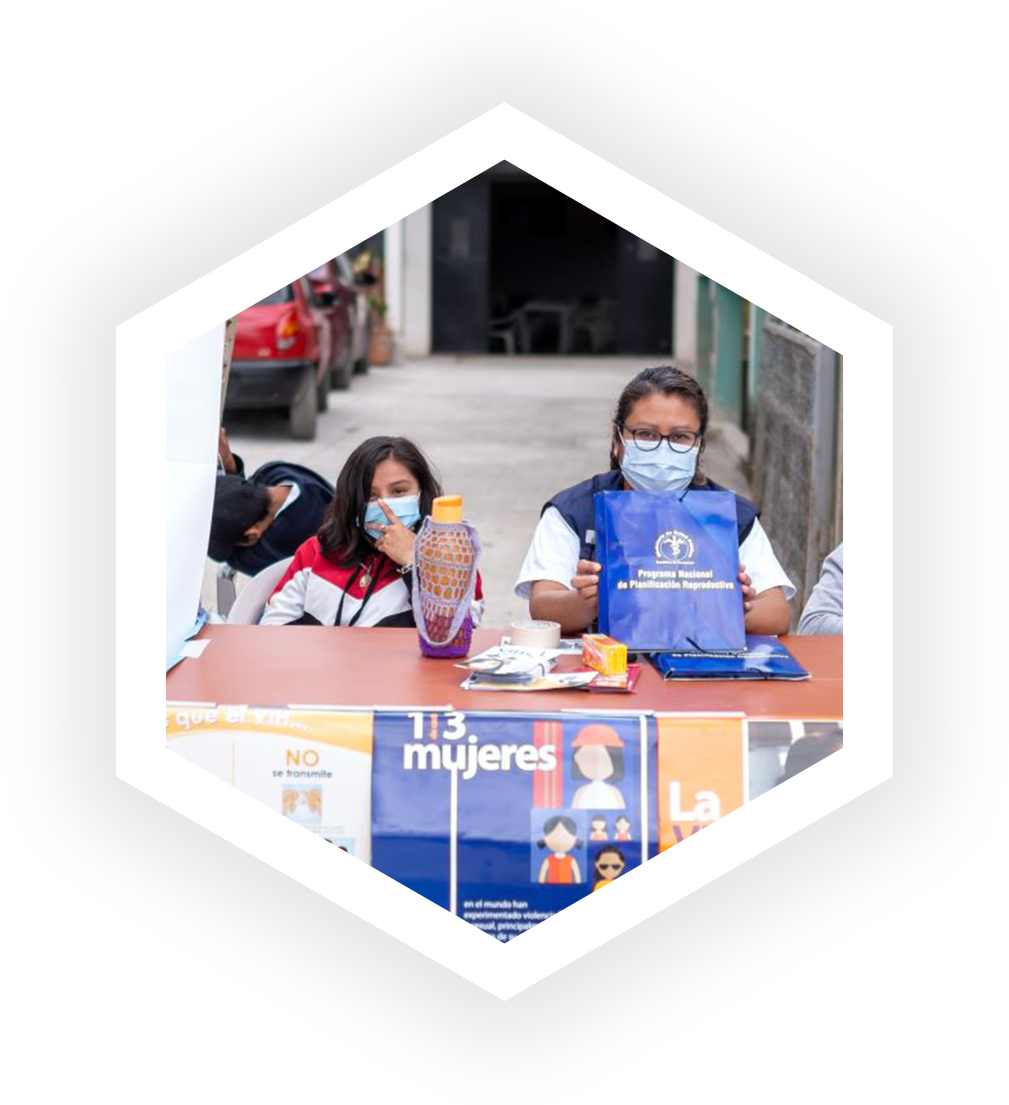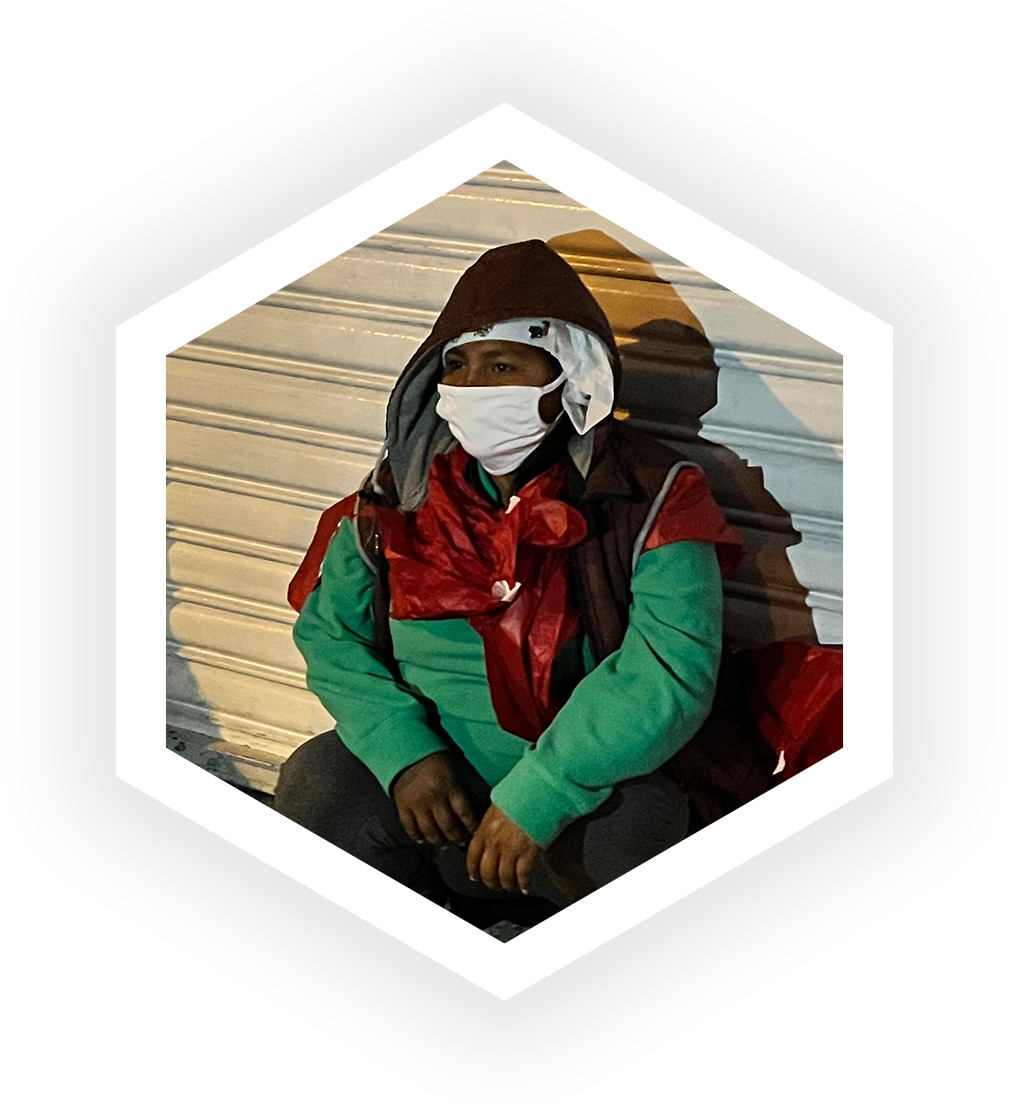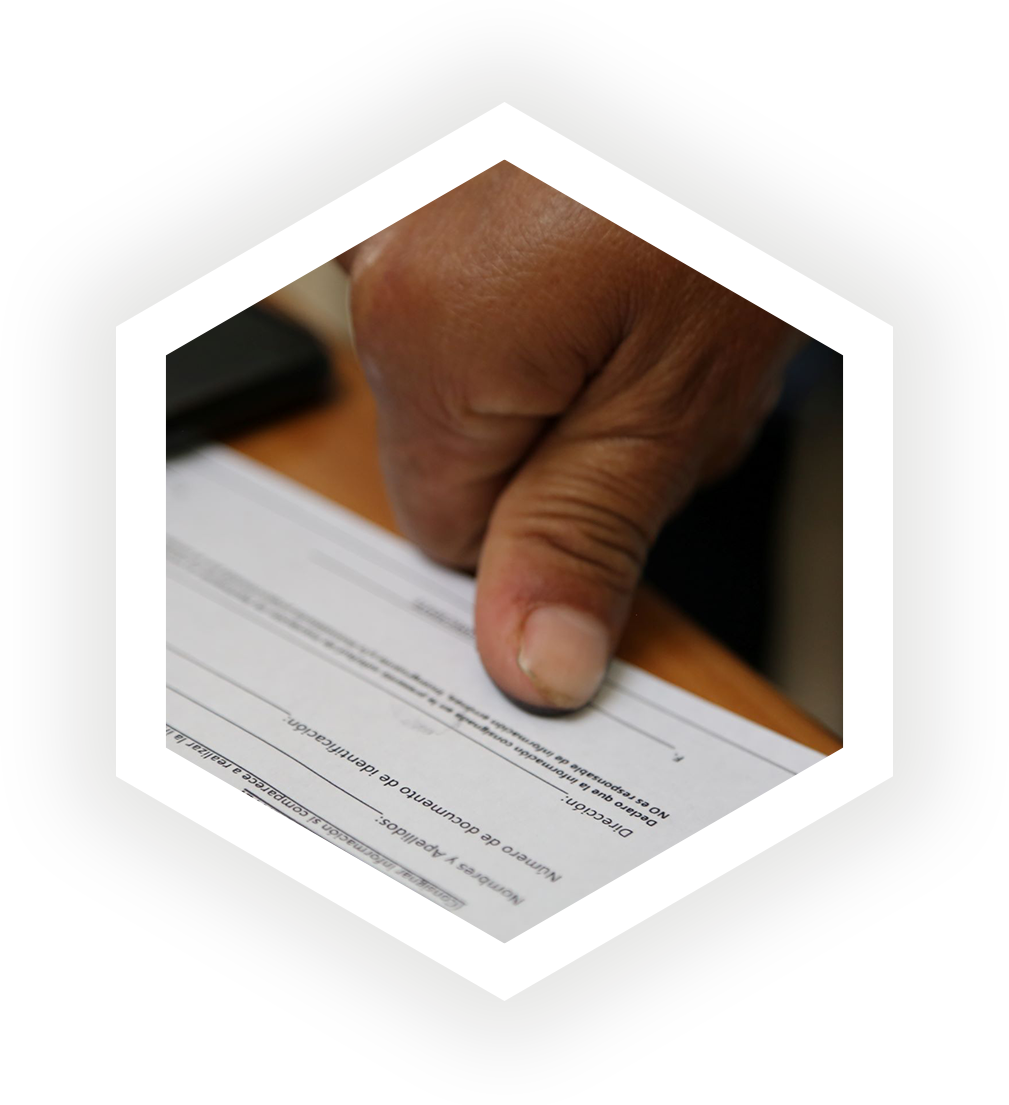The challenges
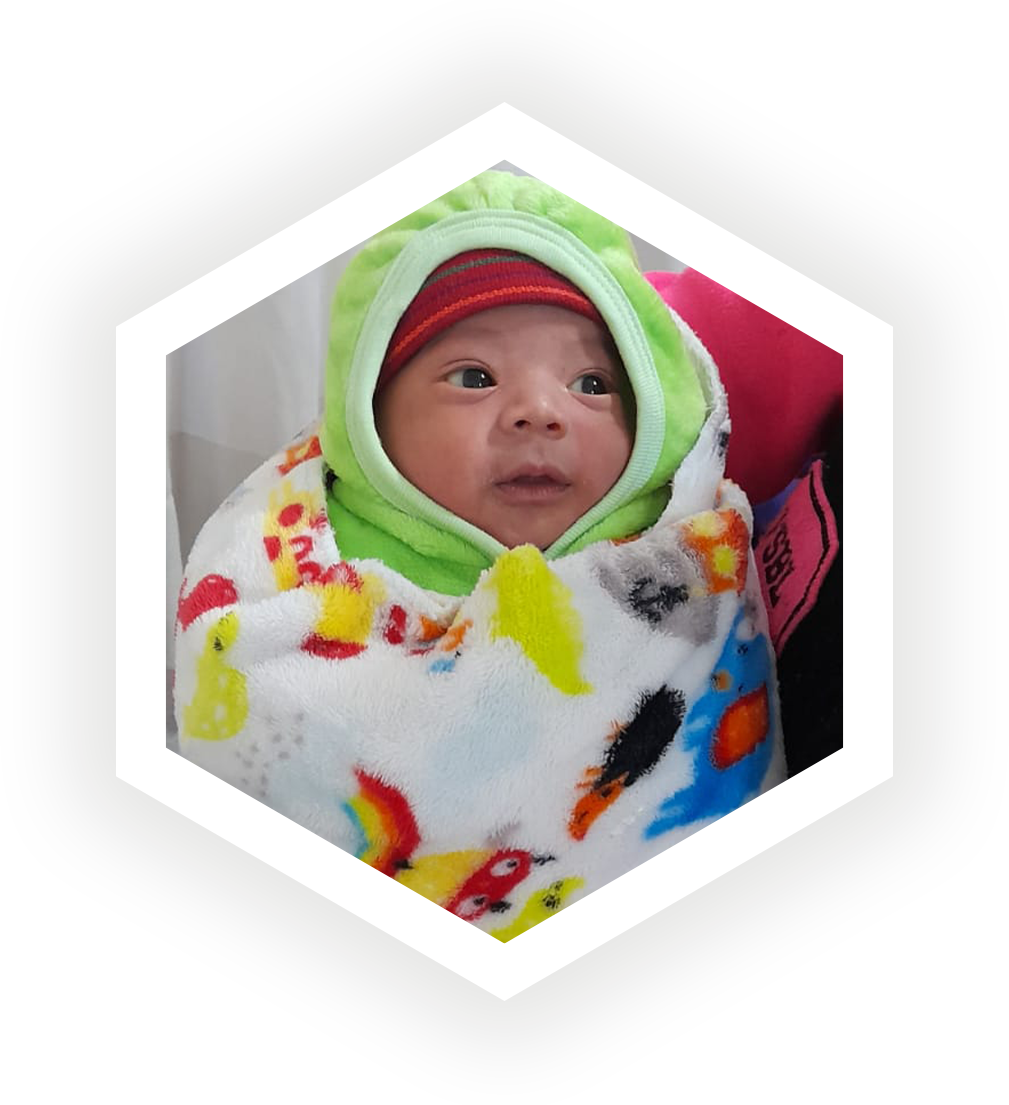
Health
Inequities drive the health and nutrition challenges in Guatemala and people living in poverty, such as families in street situations are disproportionately affected. The country has the fourth highest rate of chronic malnutrition in the world and 45% of the population live in moderate or severe food insecurity. As a result of the widespread food insecurity and inadequate nutrition, nearly half of all children under five in Guatemala are stunted. As well as the challenges associated with physical health, mental health also remains under-prioritised by the health sector in Guatemala. Less than 1% of the health care expenditure is by the Ministry of Health are allocated to mental health.
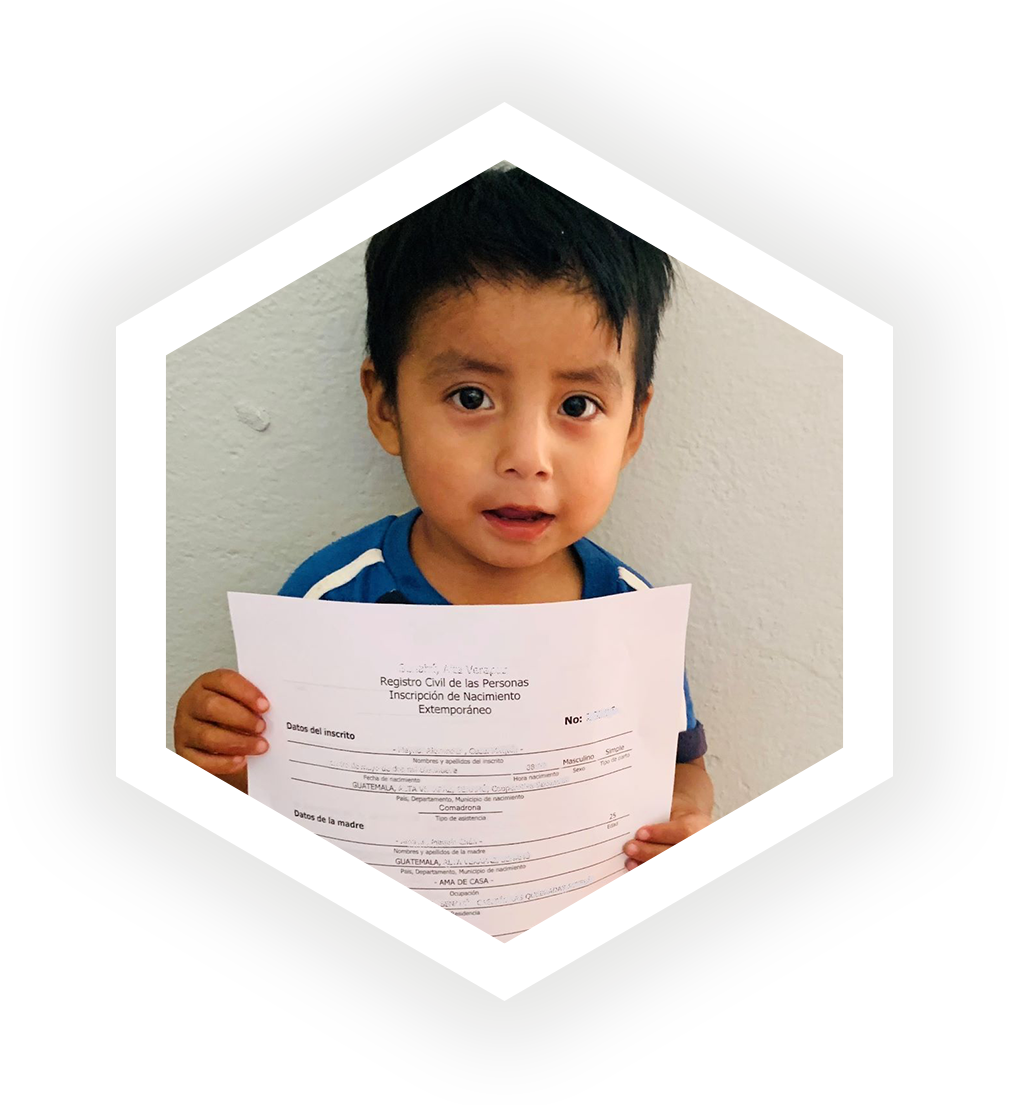
Birth registration
According to estimates by the National Institute of Statistics, an estimated 400,000 children are born each year in Guatemala, of which approximately 10% or 40,000 are not registered at birth. Without a birth certificate, they have no legal protection and insufficient access to social service systems, schooling, healthcare and formal employment opportunities.
Some of the critical factors that contribute to the challenge in Guatemala include internal displacement, loss of records, births attended by non-registered midwives, language and geographical barriers, parents not being registered themselves, and high levels of poverty preventing parents for being able to pay the costs for a birth certificate.
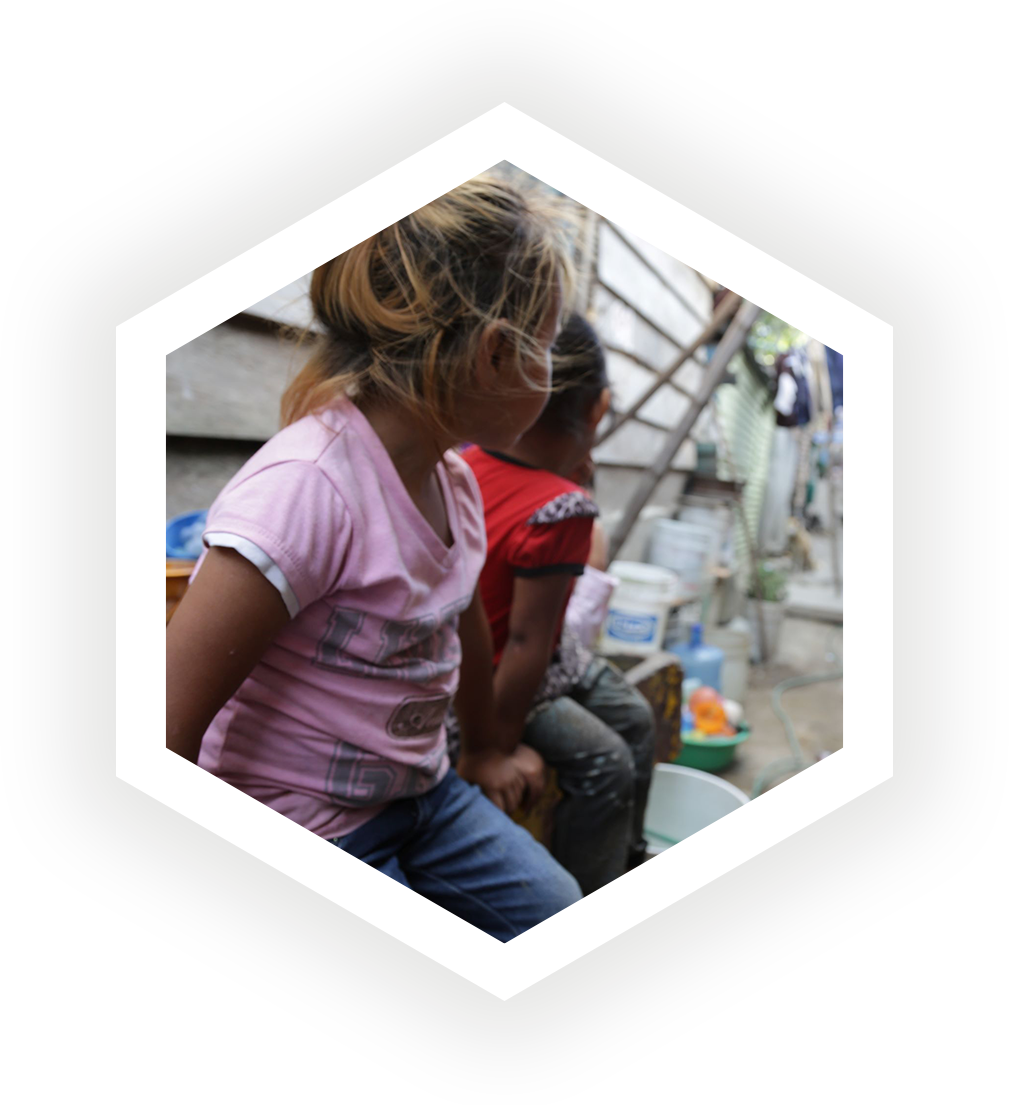
Exposure to high levels of violence
Guatemala’s strategic location and geography make it attractive to organised crime groups wanting to link drug producers with drug consumers. As a result, some of the crime areas which most affect the country are associated with drug trafficking, such as extortion, murder and trafficking in firearms and people. While organised crime groups have been present in the country for decades, the economic hardship following the pandemic have given gangs new opportunities to tighten their grip on the most vulnerable communities and children are exposed to high levels of violence.
Read moreThe country is home to a number of mafia style groups - some estimates suggest that there are between 10,000 to 20,000 gang members in the country. Organised crime groups are in constant need of new members and see street children as easy targets. They have a pattern of targeting minors to recruit them, as the law is more lenient on those under 18 if they are caught. The gangs also benefit from the fact that many street children are not registered at birth. Unregistered children do not officially exist, so they have no legal protection – they are not even counted as missing when they do disappear.
Children also experience violence in the home due to extreme pressures on income. Domestic violence is transgenerational and normalised through generations and is a major cause of children leaving home and turning to the streets for solace.
For street children in Guatemala, services to directly assist child victims of violence and their families remain weak in and, in many areas, non-existent.
